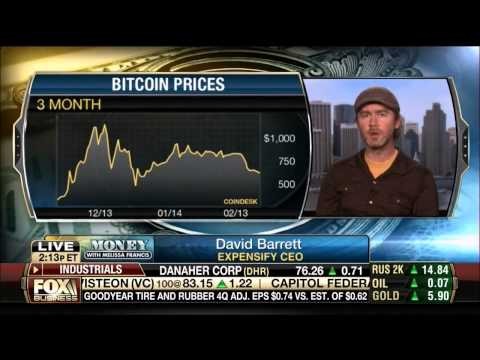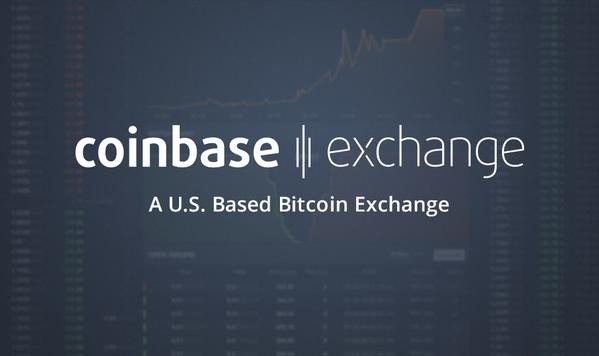Bitcoin exchange claims it is regulated ’ but not in California
Post on: 16 Март, 2015 No Comment

Coinbase promised investors a modicum of security in the nascent bitcoin market this week when the San Francisco startup opened what it calls the first regulated U.S. trading post for the digital currency.
But for consumers in California, the service isn’t regulated at all.
Coinbase Exchange, which allows users to trade bitcoins, says it’s insured against accidental loss, hacking and internal theft. The company advertises this “regulated exchange” in 24 states and territories, including California.
“The exchange is regulated because of its ability to obtain money transmitter licenses in 24 of the 50 states. So it’s regulated at the state level,” Coinbase said Monday.
But the California Department of Business Oversight says it has not issued any licenses for digital currency exchanges, meaning the state has not investigated the company to determine whether it is safe for consumers.
“It’s not that if they operate in California, they’re breaking the law, but it’s important that consumers be aware that the Coinbase exchange is not regulated or licensed in California,” said Tom Dresslar, a spokesman for the Department of Business Oversight. The agency released a statement correcting media reports that said Coinbase’s exchange was licensed to operate in California.
On Tuesday, Coinbase backtracked, saying it had licenses in 14 states, didn’t need licenses in eight states, and that two — California and New York — are in a “grey zone” while they hammer out bitcoin regulations.
Ongoing debate
The regulation of digital currency like bitcoin is still a matter of debate in California.
Like Western Union and PayPal, Coinbase’s exchange would probably be regulated as a money transmitter in California, Dresslar said, adding, “We have not made a decision about whether to regulate virtual currency under our money transmitter statute.”
Protections like minimum bond amounts and adequate eligible securities “help ensure that their customers don’t get left holding the bag if something happens,” Dresslar said.
Bitcoin, a digital currency with no central bank, has been likened to digital cash because its users can remain anonymous. Venture capitalists see bitcoin as the future for money transfers: Since there’s no middleman, they say some transactions, like micro-payments and cross-border transactions, are less expensive with virtual currency.
But its reputation is colored by its use in illegal activities: The FBI has shuttered online marketplaces where the digital currency was used to buy and sell illicit drugs.
And bitcoin exchanges have been fraught with problems: Last year, Mt. Gox in Tokyo shut down after it was revealed that the exchange had lost customers’ digital currency worth hundreds of millions of dollars.
Coinbase’s new exchange is an effort to stabilize bitcoin — the digital currency’s value has dropped more than 75 percent from its all-time high, when one bitcoin was worth $1,124 just over a year ago.
Funding pours in

Last week, Coinbase announced a $75 million round of funding that included institutional investors like the New York Stock Exchange in addition to venture capitalists. The company has raised about $106 million.
Coinbase isn’t the first to propose a regulated exchange. Last week, Internet entrepreneurs Cameron and Tyler Winklevoss announced plans for Gemini, which they called “a fully regulated, fully compliant bitcoin exchange for both individuals and institutions” that would be based in New York.
Unlike in Europe, U.S. regulation of bitcoin exchanges falls to states, said Jesse Powell, a co-founder and CEO of Kraken, a San Francisco virtual-currency exchange whose customer base is largely in Europe, where Powell says it is licensed.
“The regulators in Europe are much more open-minded and forward-thinking, and used to thinking about innovation in financial services,” Powell said. “Within Europe, you have essentially one license for 28 countries, it’s kind of the opposite situation here in the United States.”
Some exchanges still operate outside regulatory boundaries, which Powell called a dangerous game that could have consequences.
For some, bitcoin’s appeal lies in its unregulated roots — meaning no meddling by authorities. But consumer protections won’t scare off many users of the digital currency, Powell said.
“The people who really value their privacy that seriously are in the minority. If you want to capture the larger market, you need to work with the regulators,” Powell said.
Greta Kaul is a San Francisco Chronicle staff writer. E-mail: gkaul@sfchronicle.com Twitter: @gretakaul














